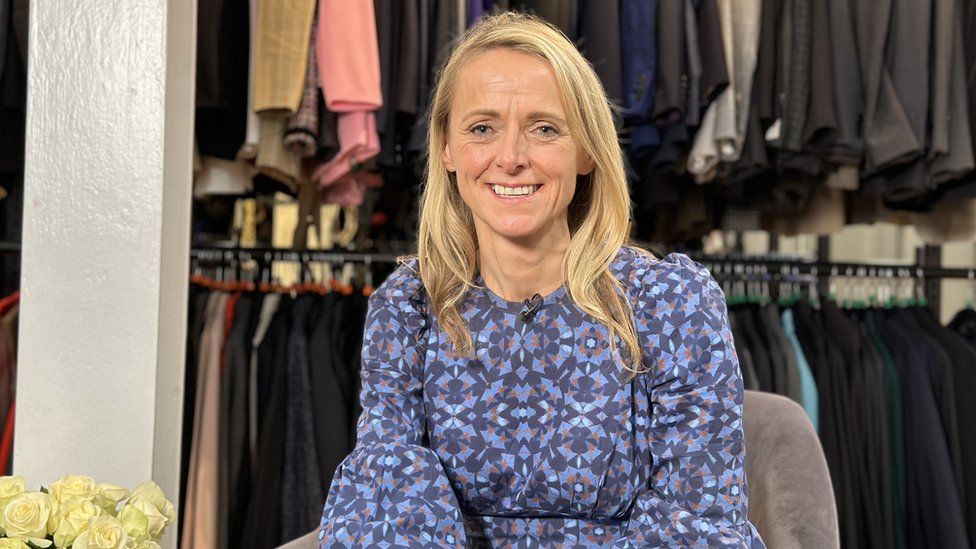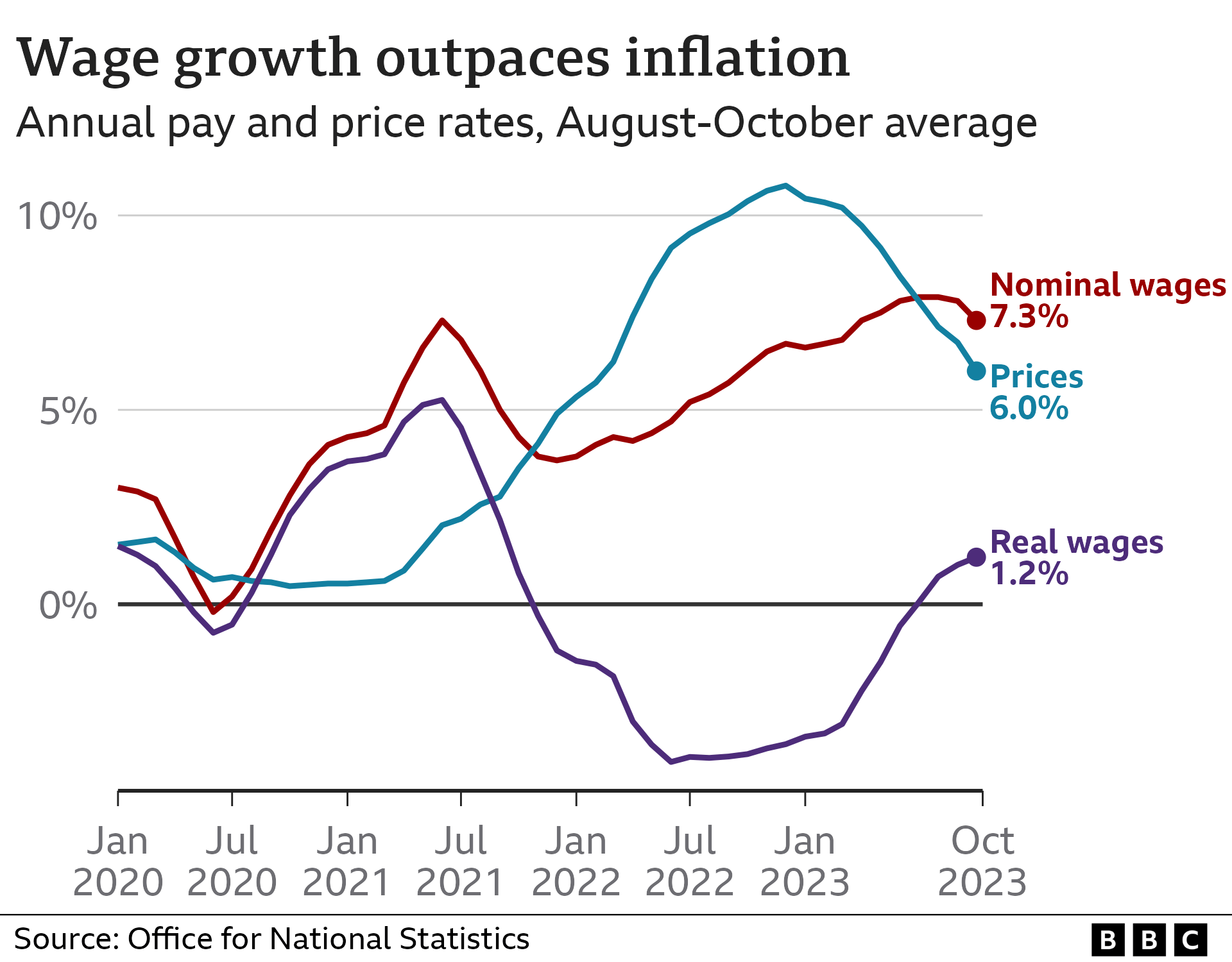UK pay growth slows as jobs market stalls
Wage growth has slowed and the UK jobs market is showing signs of stalling.
Pay growth, excluding bonuses, eased to 7.3 per cent in the three months to October while the number of vacancies dropped, BBC reports citing the latest official figures.
But while earnings are not rising as quickly as before, they are still outpacing inflation - which measures the rate at which prices are going up.
This suggests that the Bank of England is less likely to cut interest rates anytime soon.
"This is now the longest period of decline on record, longer than in the immediate aftermath of the 2008 downturn," said Darren Morgan, director of economic statistics at the Office for National Statistics, which published the figures.
However, overall vacancies totalled 949,000, which Mr Morgan said "remains well above pre-pandemic levels".

Kate Stephens, chief executive of Smart Works, a charity which helps women secure employment through coaching, says the market has changed and it is taking people longer to get a job.
"They're having to apply for more jobs and actually, they feel a little bit overqualified for some of the jobs that they're actually changing [to]," she said. "And I think a lot of that is driven by the cost of living crisis.
"People want to take a job because they want the security of income but it's not necessarily the job they might choose."
Inflation has been falling following a long run of interest rate rises by the Bank of England. This has prompted financial markets and some economists to suggest the Bank may soon start cutting interest rates from the current level of 5.25 per cent.
Last month, the Bank of England's governor Andrew Bailey said it was "much too early to be thinking about rate cuts".
The Bank is widely expected to hold interest rates for a third time in a row when it announces its latest decision on December 14.
Yael Selfin, chief economist at accountancy firm KPMG in the UK, said: "While momentum has weakened, the labour market is still tight.
"The Bank of England will remain alert as continued tightness could cause a setback in its battle against inflation, particularly if strong wage growth contributes to persistence in domestic inflation."

Higher interest rates make it more expensive for people and businesses to borrow money.
The theory is if people and firms spend or invest less and save more, demand falls and price rises ease. But it can also mean that the economy struggles to grow.
The latest data from the ONS showed that the UK's unemployment rate remained at 4.2 per cent.
But the Bank of England is among those predicting that, amid higher borrowing costs, unemployment is set to top 5 per cent in the next couple of years, possibly signalling the loss of hundreds of thousands of jobs.
It is against this challenging backdrop that the government's "back to work" plans are unfolding. They are aimed at getting more people into work, and not just those on the unemployment count.
Unlike in other rich nations, the UK has hundreds of thousands more classed as "inactive" - neither seeking nor available for work - than prior to the Covid pandemic. But finding employment is a tricky prospect if there are fewer jobs available.
But there is a silver lining for those already in work. As those higher interest rates batter down the pace at which prices are rising, wages are outpacing inflation at their fastest rate for more than two years.
That means household budgets stretch further, but also underlines economists' expectation that, as the Bank of England has warned, interest rates aren't about to fall soon.
Reacting to the latest figures, Chancellor Jeremy Hunt said it was "positive to see inflation continue to fall and real wages growing".
But Labour's shadow work and pensions secretary Liz Kendall said the UK was "the only G7 country with an employment rate that hasn't returned to pre-pandemic levels".








